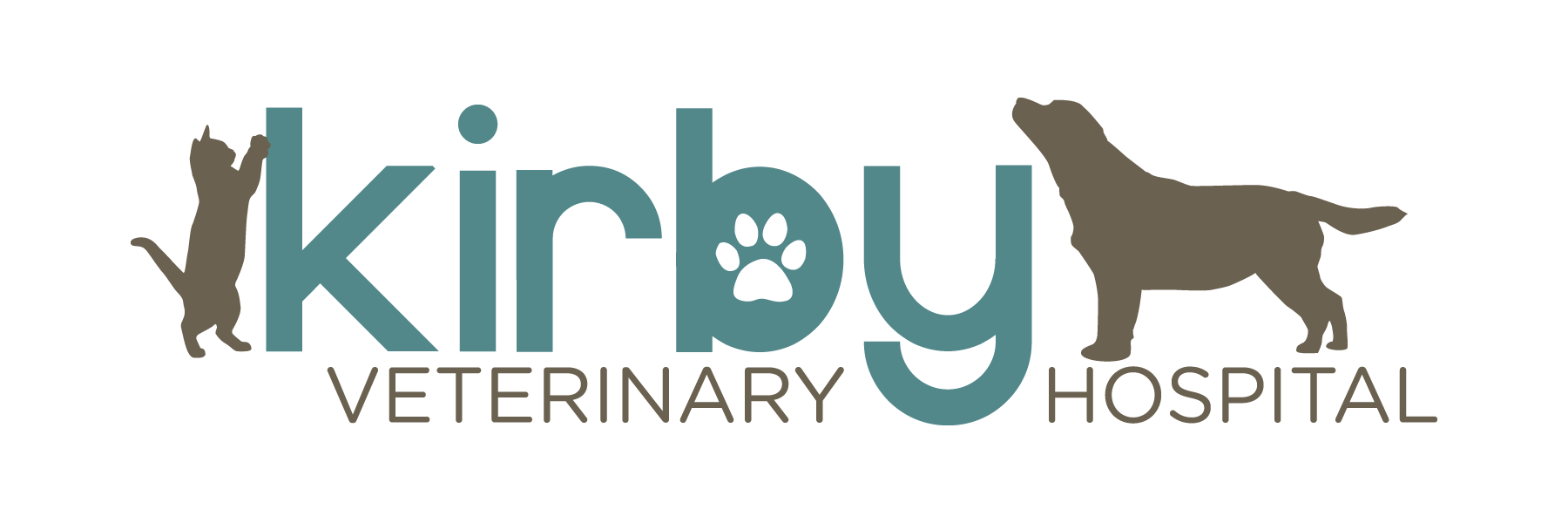Library
-
Moxidectin is an avermectin antiparasitic that is used to prevent heartworms and treat intestinal parasites. Imidacloprid treats and prevents fleas. These two drugs are combined in one topical product for use in cats, dogs, and ferrets. Use as directed. Side effects are uncommon and usually short-lived, however, if you suspect an overdose or an adverse reaction to the medication, call your veterinary office immediately.
-
Muscle tears are direct or indirect traumatic injuries that cause damage to muscle tissue. The most common cause is an indirect injury or strain caused by overstretching during athletic activities, such as running or jumping. This handout discusses muscle tears in cats and reviews the causes of these injuries, the clinical signs, diagnostic testing, therapy, and expected prognosis.
-
Polyps are benign fleshy growths that originate from the cells lining a cat's nasal passages, leading to a variety of clinical signs such as sneezing, difficulty breathing, and recurrent ear infections. The various diagnostic tools and treatment approaches are explained in this handout.
-
Nasal tumors are an uncommon type of cancer but when they do occur, they tend to be malignant and locally aggressive. Staging can be done to determine the type of cancer and if it has affected anywhere else in the body. Treatment can be done in some cases to help relieve clinical signs, most often with radiation therapy.
-
Nasopharyngeal polyps are benign idiopathic masses originating from the middle ear that extend either down the eustachian tube or into the external ear. They can cause stertor, nasal discharge, otitis, otic discharge and head tilt. Diagnosis may involve visualization through otoscopic exam or behind the soft palate, but usually needs radiographic evidence or more advanced imaging such as CT or MRI. Treatment involves debulking the mass through traction which has a high rate of recurrence, or more advanced surgery into the bulla to remove the source of the polyp.
-
Neuroendocrine tumors are a group of tumors that develop from the cells of the neuroendocrine system, and include insulinomas, gastrinomas, glucagonomas, carcinoids, medullary thyroid carcinomas, small-cell lung carcinomas, pheochromocytomas, chemodectomas, and Merkel cell carcinomas. This article discusses signs, diagnosis, treatment, and prognosis.
-
A chemodectoma is a type of tumor made up of chemoreceptor cells. Chemoreceptor cells detect chemical changes in the body and respond by regulating chemical or physical processes. These tumors are most often seen along one of the carotid arteries and the aorta. Brachycephalic breeds are more predisposed to these types of tumors, though they may occur in any dog breed. These tumors are usually locally aggressive, however, there are rare cases of metastasis to other organs, including the lungs, lymph nodes, and bone.
-
Nose Bleeds (Epistaxis) in cats can be extremely unsettling for the pet owner. Most acute (sudden) nosebleeds are caused by simple trauma or by upper respiratory tract infections. This handout discusses nosebleeds in cats, the various causes of this condition, first aid recommendations and possible testing to find the root cause of the problem.
-
A nutraceutical is a food or food product that reportedly provides health and/or medical benefits. In addition to diet modifications, exercise, weight loss, and medications, joint support nutraceuticals are also helpful in an osteoarthritis management program. Nutraceuticals are not subjected to the same testing and regulation as pharmaceuticals. Your veterinarian can advise you on products that have been evaluated and have yielded positive effects.
-
Over 60% of cats in North America are either overweight or obese, so paying attention to the balance between activity and calorie intake is important. Nutrient formulation and portion control are the two most important aspects of weight control. Once you have chosen a formula and have calculated a reasonable daily portion based on calorie density, the best way to stay on track and prevent unwanted weight gain is to combine portion control with regular, formal weigh-ins.

